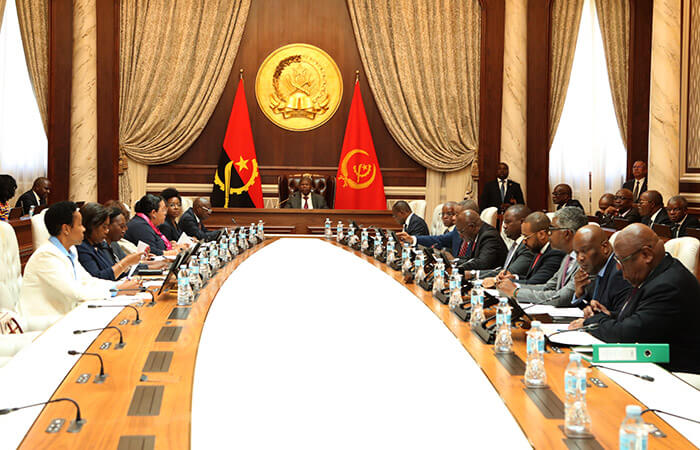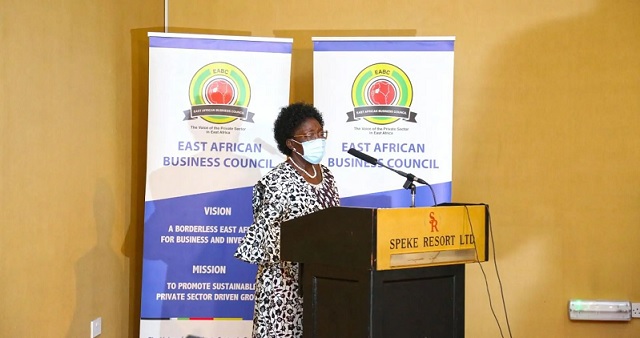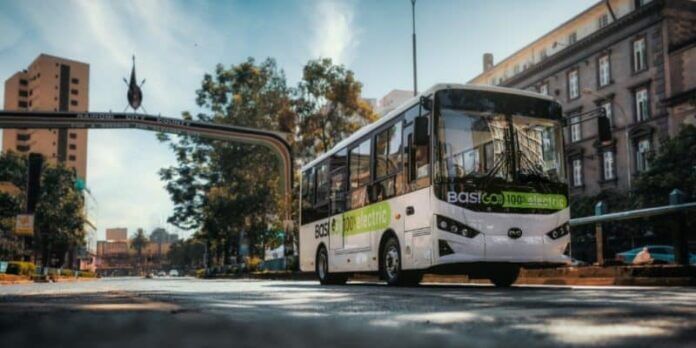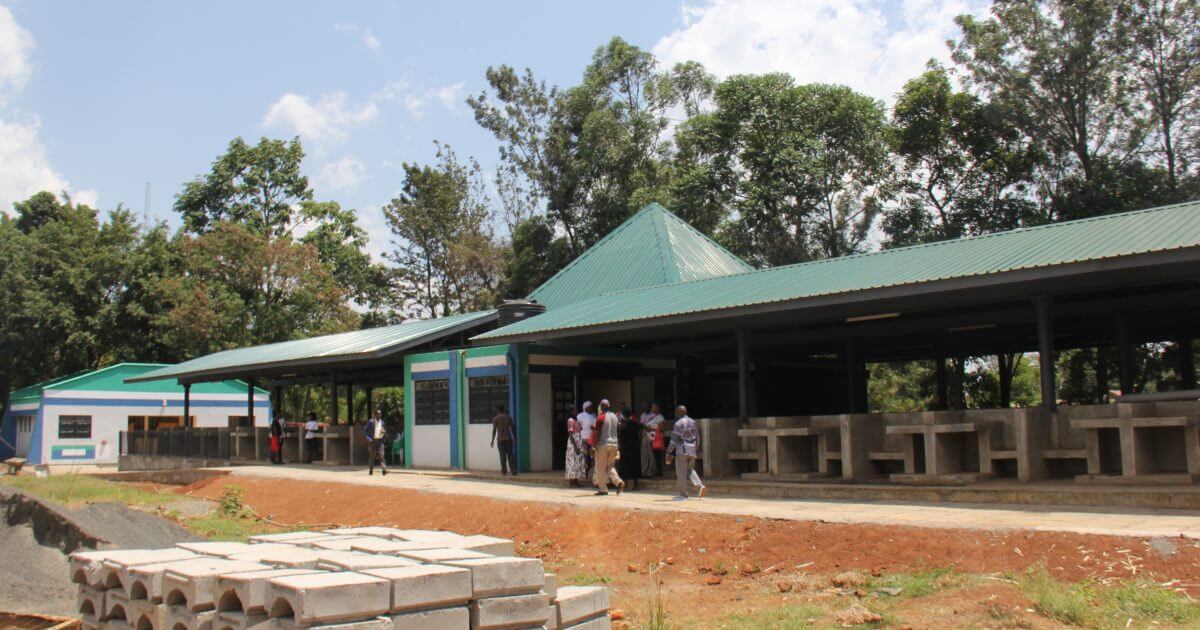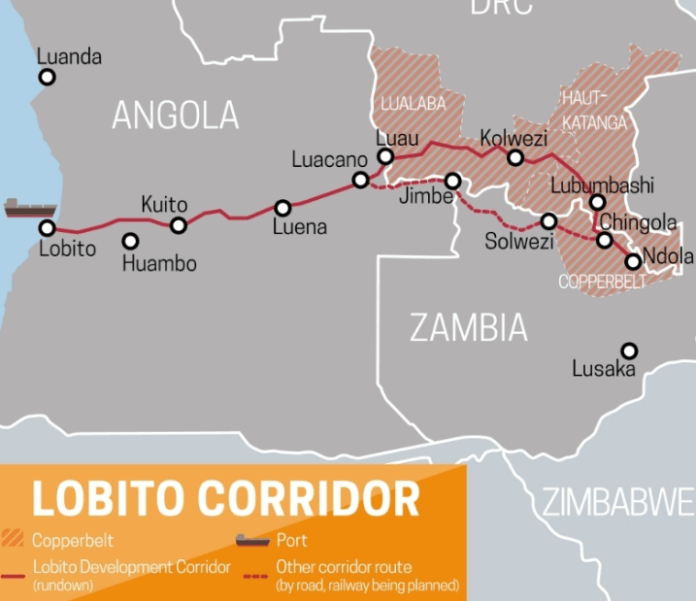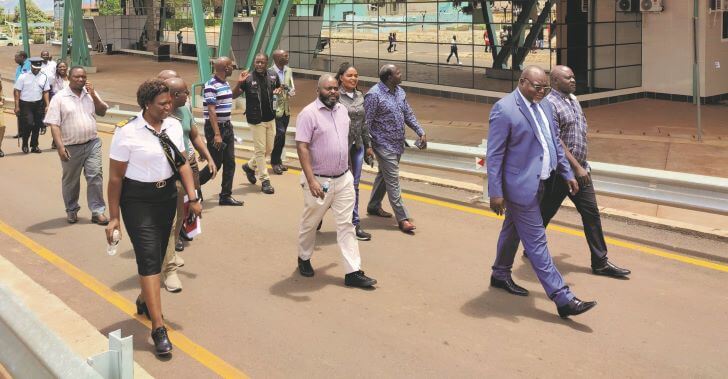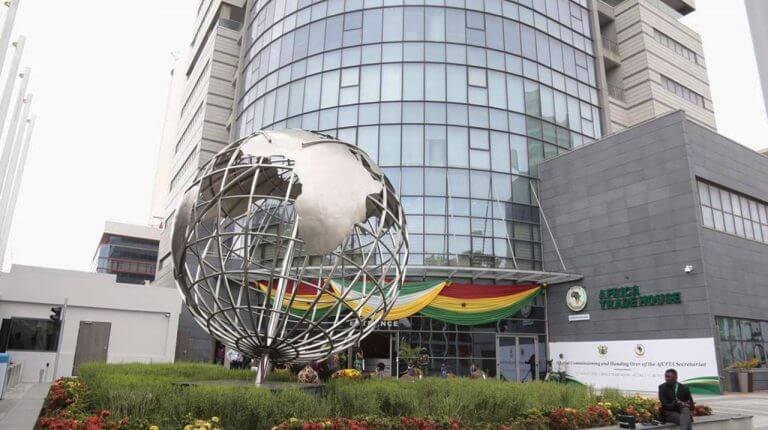Luanda- The Cabinet Council analysed Thursday the draft project resolution that approves Angola’s ratification of the Agreement that creates the Tripartite Free Trade Zone COMESA-EAC-SADC. The document analysed in the first Extraordinary Session led by President João Lourenço will be submitted to the National Assembly. The agreement aims to establish a legal framework for trade in goods and services between member states of the Common Market for Eastern and Southern Africa (COMESA), the East African Community (EAC) and the Southern African Development Community (SADC), in accordance with the laws and regulations in force in each country. It also aims to promote the economic and social development of the region, creation of a large common market with free circulation of goods and services and the promotion of intra-regional trade. Among the objectives of the agreement are also the strengthening of regional and continental integration processes and the building of a strong Tripartite Free Trade Area for the benefit of the peoples of the region. The agreement also provides for the progressive elimination of tariffs and non-tariff barriers to trade in goods, the liberalisation of trade in services, cooperation in customs matters and the implementation of trade facilitation measures. The COMESA-EAC-SADC tripartite mechanism was established during the first Heads of State and Government Summit held in Kampala, Uganda October 22, 2008. Read original article
Cabinet Council analyses Tripartite Free Trade Zone Agreement
Posted on: February 16, 2023
Posted on: February 16, 2023

